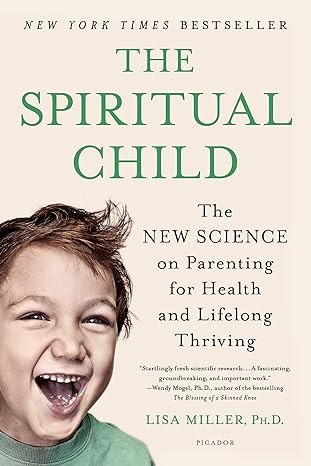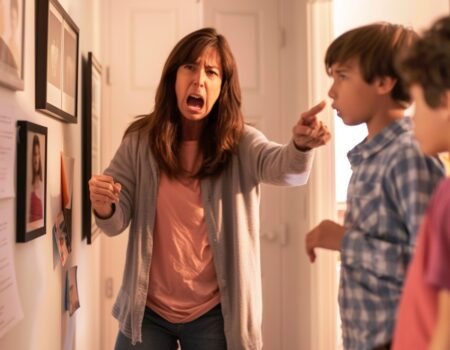Parental criticism is a complex and often unavoidable part of raising children. Whether it’s to correct misbehavior, encourage perseverance, or set boundaries, parents frequently find themselves evaluating their children’s actions. However, when this criticism becomes excessive, constant, or malicious, it can leave deep and lasting scars on a child’s emotional and psychological development. Understanding the underlying causes of such destructive criticism and its profound consequences is crucial for fostering a healthy and thriving family environment.
Why Do Parents Criticize Excessively?
The roots of excessive parental criticism are often multifaceted, blending personal, historical, and social factors.
Firstly, parents’ own childhood experiences play a significant role. Those who were subjected to abusive or overly critical parenting may unconsciously replicate these patterns. They might not have learned healthier communication methods or genuinely believe that criticism is the only effective way to achieve desired outcomes. This intergenerational cycle of behavior is challenging to break without conscious awareness and effort.
Secondly, parental stress and frustration can often manifest as increased criticism. Pressures from work, financial strains, marital tensions, or even a lack of sleep can make parents more irritable and less patient. This can lead them to overreact to minor imperfections in their children, inadvertently turning the child into an outlet for their own unmanaged difficulties.
Thirdly, unrealistic expectations for their children are a common trigger. Some parents project their unfulfilled ambitions onto their children or demand a level of perfection that is simply unattainable. Criticism then becomes a tool to try and “mold” the child into an ideal image, disregarding the child’s unique personality, natural limitations, or personal desires.
Finally, a lack of adequate parenting skills can also contribute. Not all parents are naturally equipped with the tools for positive parenting. A deficit in understanding child development, an inability to manage their own emotions effectively, or a lack of empathy can lead to inappropriate patterns of criticism, where constructive feedback is confused with outright devaluation.
The Devastating Impact on Children
The repercussions of excessive parental criticism are far-reaching and diverse, affecting many aspects of a child’s well-being.
The most immediate and noticeable consequence is a significant decline in self-esteem. A child who is constantly belittled eventually internalizes these negative messages, perceiving themselves as incapable, inadequate, and unworthy of love. This low self-esteem can persist into adulthood, affecting their relationships, career choices, and overall worldview.
Furthermore, excessive criticism frequently leads to increased anxiety and depression. Children live in a perpetual state of fear: fear of disappointing, fear of making mistakes, and fear of not being good enough. This can manifest as anxiety disorders, obsessive-compulsive tendencies related to the fear of failure, or even symptoms of depression, leaving them feeling hopeless and helpless.
In terms of social development, criticized children may struggle to interact effectively with peers. They might become overly shy and withdrawn, fearing judgment from others, or, conversely, develop aggressive behaviors that mirror the criticism they receive, attempting to control others as they have been controlled. Their ability to trust and form healthy attachments is severely compromised.
Academically and in terms of personal growth, parental criticism can be paralyzing. The overwhelming fear of failure can deter a child from taking risks, exploring new activities, or setting ambitious goals. In school, this might lead to a lack of motivation, difficulty concentrating, and declining academic performance—not due to a lack of ability, but from a profound lack of self-confidence and an ingrained fear of judgment.
Ultimately, in the long term, these children may exhibit diminished emotional resilience and attachment issues. They might struggle to manage stress, express emotions healthily, and establish stable, intimate relationships as adults, often inadvertently repeating the dysfunctional patterns learned in their childhood.

Moving Towards Positive Parenting
Recognizing and breaking the cycle of destructive criticism requires significant effort, but it is a vital process for a child’s well-being and overall family harmony. Parents can learn to replace harsh criticism with constructive encouragement, set clear boundaries without devaluing the child, and offer unconditional support. Open communication, active listening, and validating a child’s emotions are the cornerstones of an upbringing that fosters self-esteem, resilience, and personal growth. Seeking psychological support or participating in positive parenting workshops can also be a crucial step for parents committed to transforming their approach and providing their children with an environment where they feel loved, understood, and truly valued.











No Comment! Be the first one.